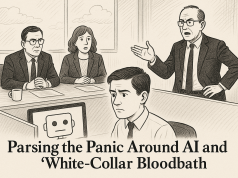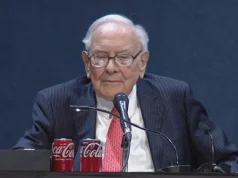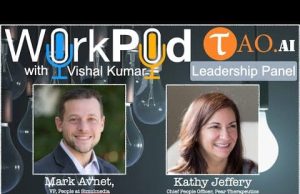In today’s high-speed world, the term ‘hustle’ has become synonymous with the relentless pursuit of success in the workplace. But as the sands shift beneath the foundations of traditional work culture, a new movement is taking root—one that challenges the merit of perpetual busyness and redefines what it means to be a leader. At the heart of this transformation is the quest for work-life balance, a harmonious blend of professional achievement and personal contentment. This is not just a passing trend, but a revolutionary shift in leadership paradigms that prides itself on efficiency, mental wellness, and life enrichment.
As we navigate through this era of change, it’s crucial to recognize the forces propelling this movement. No longer is the glorification of overworking the badge of honor it once was. Instead, a spotlight is being cast on the dark side of the ‘always-on’ mentality—a narrative of burnout, chronic stress, and untold personal sacrifices. In its place, a narrative of balanced living and holistic success is being penned, with leaders at the forefront of this narrative embracing the role of guardians of well-being, both for themselves and their teams.
The impact of organizational culture in this shift cannot be overstated. Companies that have woven work-life balance into the very fabric of their operations stand as beacons of what is possible. Take, for instance, the tech giants that have introduced flexible working arrangements, or the start-ups that offer unlimited vacation days to their employees. These aren’t just perks; they’re statements of corporate values that acknowledge the multifaceted lives of their workforce. By examining such case studies, we can glean valuable insights into the practical applications of a balance-oriented leadership approach.
However, the journey towards balance is not without its hurdles. The pervasive reach of technology, intended to streamline our lives, often blurs the boundaries between work and home. Always-connected devices mean that the office can be everywhere—unless conscious effort is made to disconnect. This digital tethering poses both a challenge and an opportunity for achieving work-life harmony. Leaders now are tasked with not only managing their relationship with technology but also setting the tone for their teams.
The economic and social impacts of this transformation are significant. Research has consistently shown that well-rested and well-rounded individuals are more productive, creative, and engaged. The implications for workplace efficiency and innovation are profound. As leaders, there is a moral imperative to foster environments where employees can thrive in every sense—leading to better business outcomes and a happier, healthier society.
As we continue this discourse, it is essential that we, the readers who are leaders, executives, and influencers, challenge the status quo of what it means to work and lead effectively. We must spearhead the movement that values balanced living not as a luxury but as a foundational principle for sustainable leadership. Through this lens, we invite you to join us in reimagining the modern workplace, where the hustle is not about working harder, but smarter, and where leadership is measured not by hours logged, but by lives enriched.



























